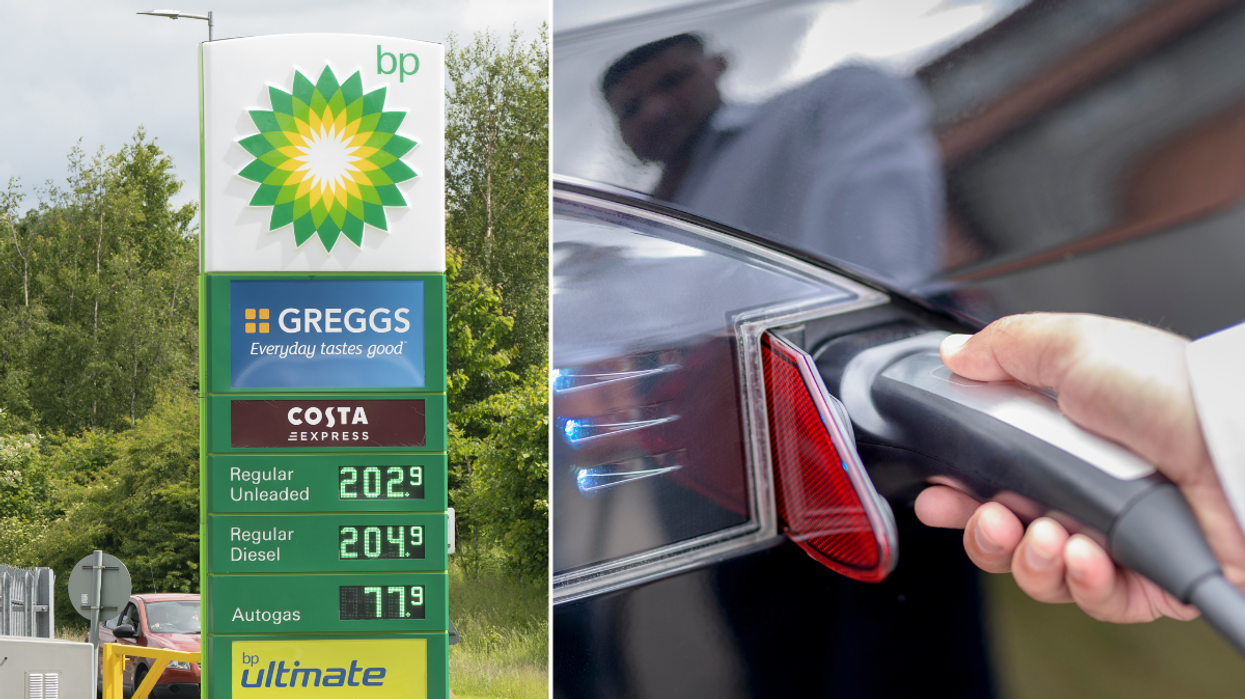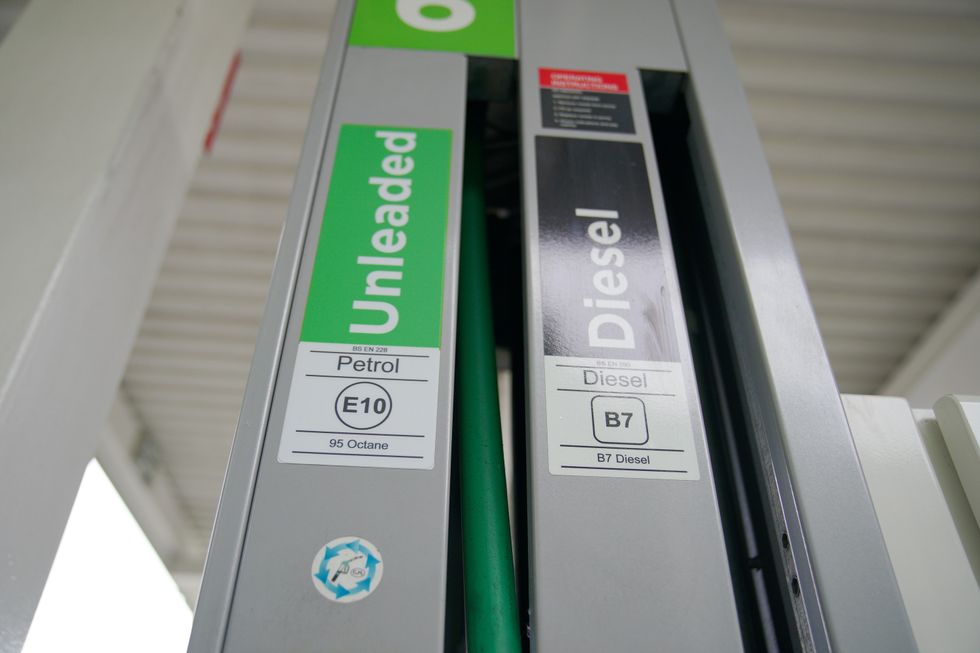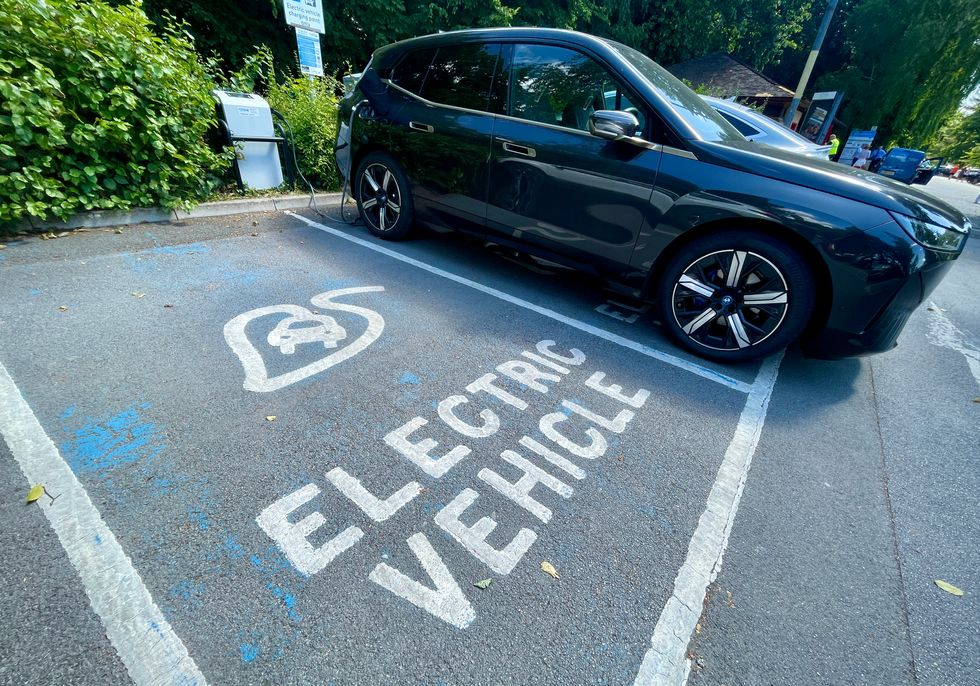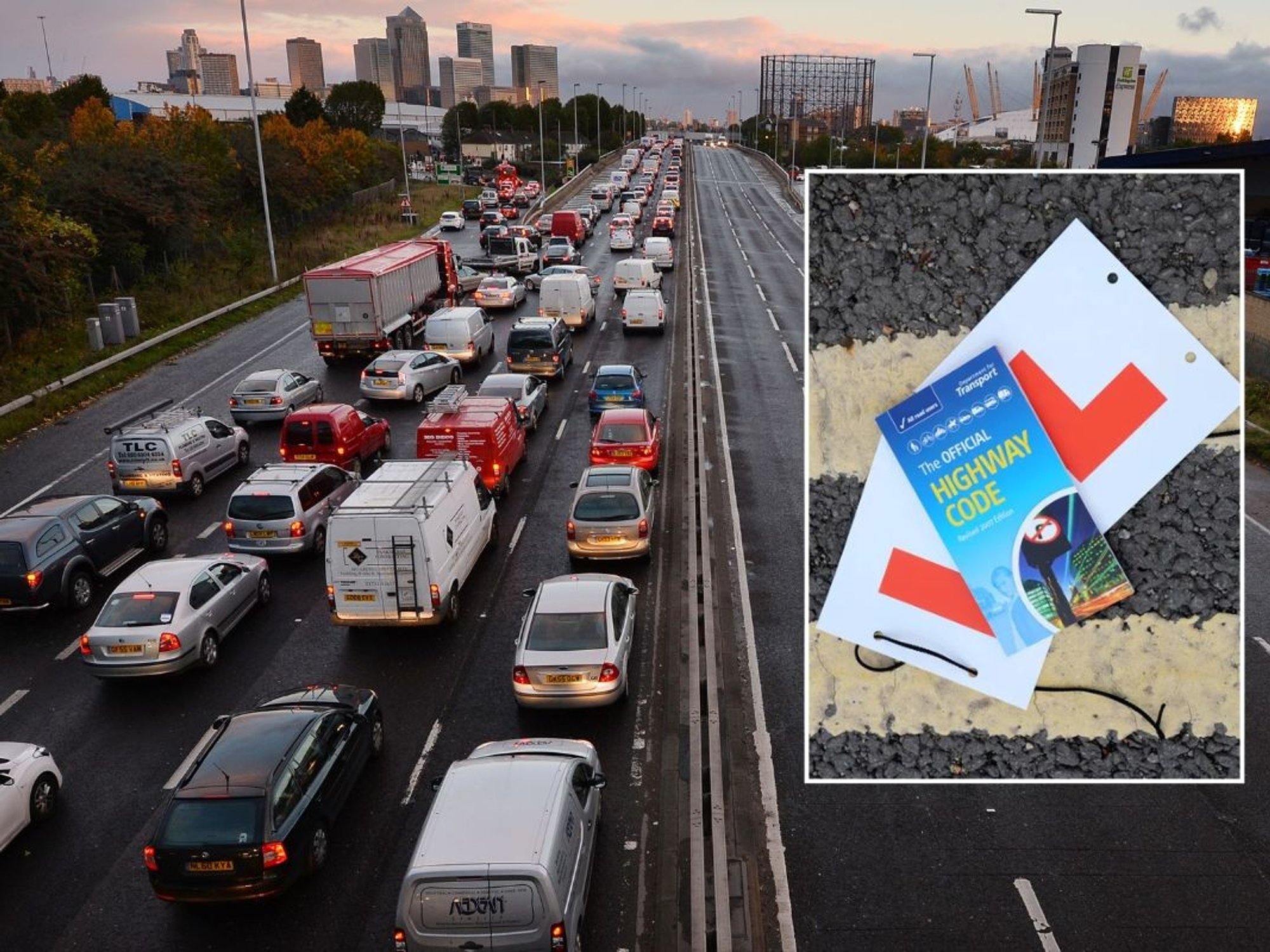Petrol and diesel drivers to be supported with plummeting fuel prices despite electric vehicle switch

Oil volumes failed to offset the electric vehicle increases by drivers
|PA/GETTY

Experts have found a 10 per cent increase in electric car registrations
Don't Miss
Most Read
SHOPPING — All products are independently selected by our experts. To help us provide free impartial advice, we will earn an affiliate commission if you buy something. Click here to learn more
Drivers are set to benefit from lower fuel prices next year as global demand for petrol and diesel falls due to the uptake of electric cars.
As more drivers make the switch to electric vehicles, experts have predicted that global oil demand will slow down as supply lessens.
The International Energy Alliance stated that despite oil barrel volumes being up, it will be offset by the rise in electric car sales.
According to the Society of Motor Manufacturers and Traders, there has been a 10.7 per cent increase in the number of registrations of electric cars from 2023 to 2024, with 22,717 EVs being registered last month.
Do you have a story you'd like to share? Get in touch by emailing motoring@gbnews.uk

IEA forecasts that global oil demand will 'level off' by 2030
| PAThe SMMT also found that sales of second-hand zero emission vehicles broke records in the first quarter of this year, making up 2.1 per cent of the market share.
As electric car sales improve, the IEA report forecasts that global oil demand, which includes biofuels will “level off” to nearly 106 million barrels per day towards the end of this decade.
Fatih Birol, executive director of the IEA said: “As the pandemic rebound loses steam, clean energy transitions advance, and the structure of China’s economy shifts, growth in global oil demand is slowing down and set to reach its peak by 2030.
“Based on the latest data, it shows a major supply surplus emerging this decade, suggesting that oil companies may want to make sure their business strategies and plans are prepared for the changes taking place.”
Electric cars have become more common in the UK with now more than 100 different models on offer to drivers.
The number of EVs available to drivers also follows the increase in charging points across the UK.
As of June, there were 62,500 public charging devices installed around the country, as companies and the Government take steps to increase capacity.
The number of total charging devices increased in every region and country of the UK between January to March 2024.
John Lewis, CEO of Char.gy, said he was delighted by the progress outlined in the recent DfT report, which reveals a robust 49 per cent year-on-year growth, resulting in nearly 60,000 charge points now installed.
He explained: “Particularly encouraging is the expansion of the on-street network, which has now reached 22,000 charge points, accounting for over a third of all charging solutions.
“Given that 99 per cent of UK journeys average less than 100 miles, the availability of charging solutions near people's homes is crucial.
“It's exciting to see the network's growth beginning to reflect the convenience necessary to drive the transition to electric vehicles."
LATEST DEVELOPMENTS:
- Vauxhall offering major Tesco Clubcard boost to British drivers with electric car owners set to benefit most
- Petrol and diesel drivers lose money 'every time they fill up' as supermarkets hike prices for 'no good reason'
- Major fuel duty changes to launch under new plans to help rural petrol and diesel drivers save at the pumps

There are currently over one million electric cars on UK roads
| GETTYZapMap data recorded over one million fully electric cars on UK roads and a further 620,000 plug-in hybrids with more drivers tempted to switch over.










